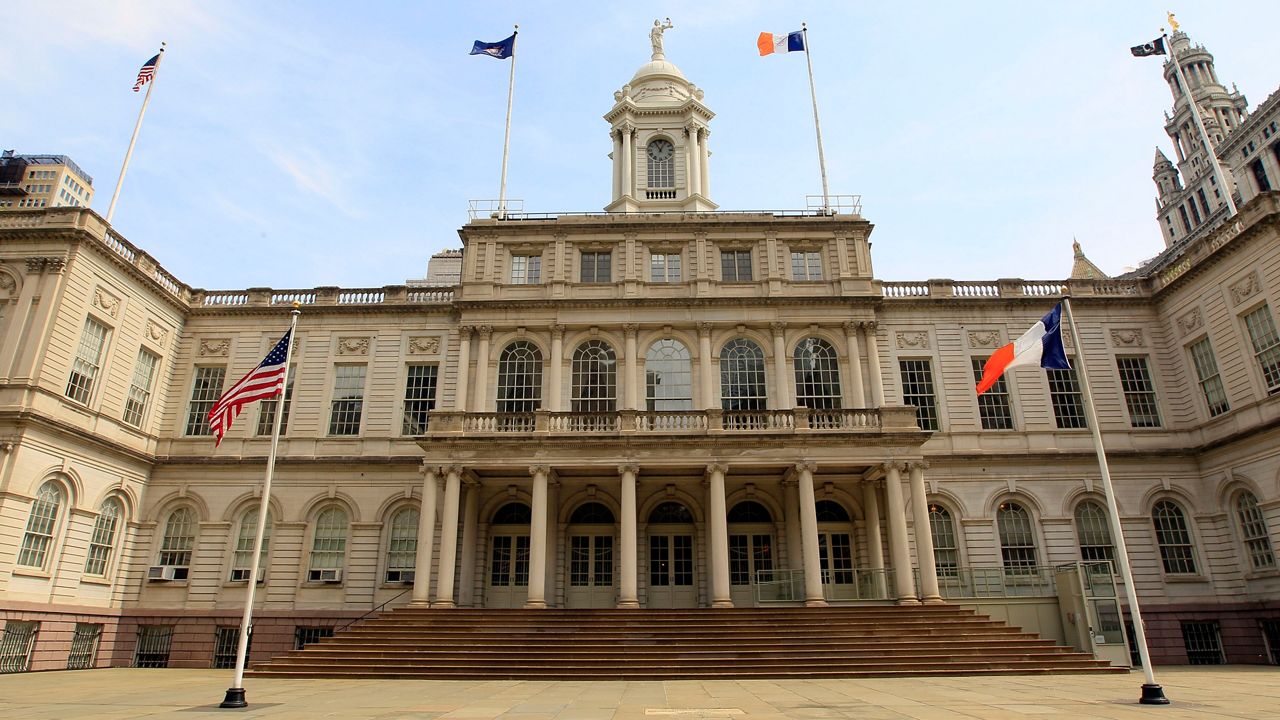With spring comes the urge to clean, and just as New Yorkers may be decluttering the hall closet or scrubbing down the kitchen, so too is the city scouring its bureaucracy.
The City Council’s Committee on Governmental Operations met on Thursday to discuss legislation that would eliminate more than 89 task forces, commissions, panels, advisory boards and the reports they are required to produce.
Reports on illegal gambling on so-called “cruises to nowhere” and on whether businesses were getting around a 1997 ban on working with the former military dictatorship of Burma. A task force on boater safety. A “dangerous dog advisory board.”
All are now considered obsolete, according to yet another specially formed group: the Report and Advisory Board Review Commission, made up of officials from the mayoral administration and the council.
The committee’s hearing, which lasted about 15 minutes and was attended by two council members, reflected the arcane nature of the subject at hand.
Councilwoman Shahana Hanif said at the hearing that she found it to be “very unique, and an area of our work that is in the weeds.”
Although the commission in charge of reviewing other commissions was first commissioned to do so in 2010, it was essentially defunct for the entire administration of former Mayor Bill de Blasio, said Dan Steinberg, the commission’s chair and the director of the Mayor’s Office of Operations.
Mayor Eric Adams’ administration resurrected the group early last year, and it quickly worked with agencies and city offices to create a long list of official detritus. Steinberg said at the hearing that the group plans to work on a two-year cycle, since it takes time to identify pieces of city law that are worth striking from the books.
“Because of the sort of negligence of the previous administration, not to keep this going, we feel like we sort of exhausted the top current pool of candidates,” Steinberg said.
Steinberg said his commission considers four criteria when making its determinations: utility, redundancy, relevance and “overall benefit.” In some cases, reports include information more readily found in the Mayor’s Management Reports, or they are focused on industries that no longer exist.
“The shipboard gambling report isn’t needed because the city hasn’t considered a single application for that in over two decades,” Steinberg said.
Other reporting requirements entered into the city charter date back even further, in some cases to the 1990s or 1980s. Some advisory boards, like one on tattooing, are no longer needed, according to a 2012 report from the commission, because “Tattoo infection control is no longer a concern, as tattooists are now licensed and trained.”
In some cases, Steinberg added, his commission’s process uncovered reports that were not well known.
“We’re bringing a lot of attention to mandated reporting, and have discovered some reports along the way that were valuable, and needed to be sort of publicized more in order to be meaningful,” Steinberg said.
Hanif and Councilwoman Sandra Ung, the committee’s chair, did not ask further about which reports Steinberg was referring to; Ung ended the hearing shortly after. Representatives for the Adams administration did not immediately make Steinberg available for an interview.
Reinvent Albany, a government watchdog group that submitted written testimony for the hearing, said it supported the commission’s overall goal of “improving city government by eliminating outdated reporting requirements and task forces or commissions.”
“However, if you truly want the interested public to opine on your proposal, you need to make it easier to review,” the group said.
The group also noted that the council’s report on the various pieces of law being excised did not include any specific justifications for doing away with each task force, advisory board or report.
Reinvent Albany called on the council to release any documents that explain why the groups and reports should be considered obsolete and to make them public before the body votes to eliminate them.



